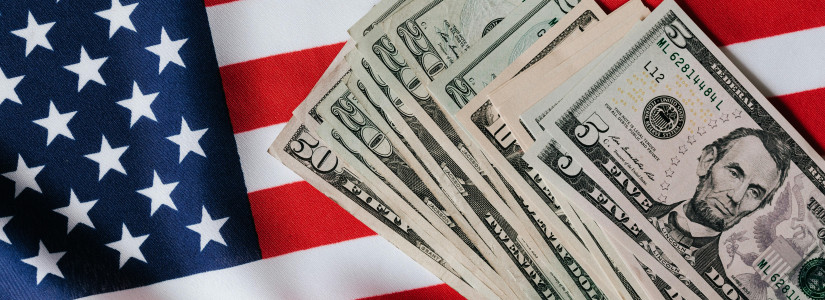5 Ways To Protect Your Money From Inflation
Inflation is a major concern for anyone who owns money. When inflation goes up, the purchasing power of your money goes down. It can significantly impact your standard of living, especially if you're retired and living on a fixed income. It would be best if you remained prepared to face the potential effects of inflation by taking steps to protect your money in the following ways:
1. Invest Your Money in Stocks, Bonds, or Mutual Funds
Inflation is a sustained increase in the general level of prices for goods and services. It occurs when the demand for goods and services exceeds the available supply, driving up prices. While inflation can have positive effects, such as stimulating economic growth, it can also be costly for savers and investors.
Over time, inflation can erode the value of your money, making it worth less in terms of purchasing power. One way to protect your money from inflation is to invest it in assets that tend to rise in value along with inflation. For example, stocks, bonds, and mutual funds are all excellent choices for long-term investments. While there are no guarantees, these asset classes perform well during periods of high inflation. As a result, investing in them offers a degree of protection against the negative effects of inflation.
2. Buy Property Such as a Home or Land
You can purchase property by purchasing a home or land outright, taking out a mortgage, or investing in a real estate investment trust (REIT). Purchasing a home or land outright is the most common way to buy property. You can do this by saving up the money for a down payment and then taking out a mortgage to cover the rest of the purchase price. Alternatively, you can buy a property with cash if you have the funds available.
REITs are another way to invest in property without purchasing a home or land outright. REITs are companies that own, operate, or finance income-producing real estate. They trade on major stock exchanges and can be a good way to diversify your investment portfolio. When you purchase property, you become the owner of that asset. You are responsible for all aspects of the property, including any associated debts.
3. Store Your Money in a Bank Account With a High-Interest Rate
• Make sure the account is FDIC insured to protect your money in case the bank goes out of business
• Look for an account with no monthly fees. Many banks will charge you a small fee just for having an account, so you want to ensure you're not paying any extra.
• Compare interest rates between different banks to ensure you get the best rate possible.
4. Purchase Precious Metals Such As Gold or Silver
These precious metals' value has been rising in recent years. If you are looking for a safe investment, consider purchasing gold or silver. You can do this through various methods, including online dealers, local coin shops, and even some banks. However, be cautious when purchasing precious metals, as many scams exist. Make sure you research and only purchase from a reputable source.
5. Keep Cash on Hand for Emergencies
It may sound counterintuitive, but one of the best things you can do for your financial health is to keep some cash on hand for emergencies. You never know when an unexpected bill will come up or you'll need to pay for a repair.
While having an emergency fund is important, it's also important to ensure you're not keeping too much cash on hand. Otherwise, you could be missing opportunities to invest your money and grow your wealth. The bottom line is that you should have enough cash to cover your immediate needs, but you don't need to keep a huge buffer.
Inflation has affected almost every sector worldwide and will not go away anytime soon. The secret is to know how to handle it because this might not be the end. The above tips are remedial, and if used well, they can help you keep your head above water even when the situation around you is tough. You should also have an emergency fund to cover unexpected expenses due to inflation.
Related Articles
Stay ahead of the curve
Equip yourself with the knowledge to tackle inflation head-on, and access exclusive resources designed to help you thrive despite economic challenges.
Get Started











